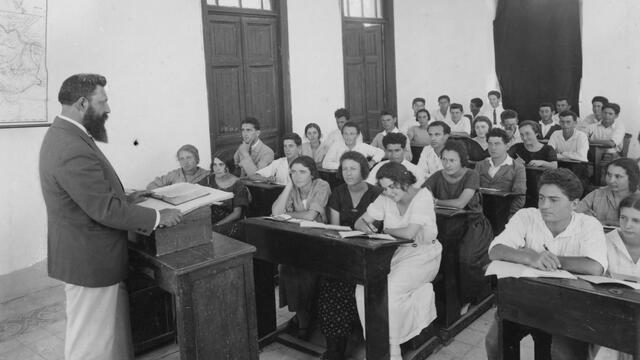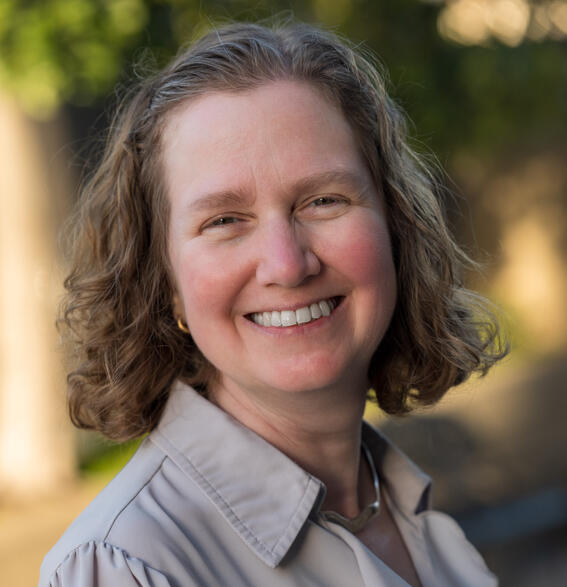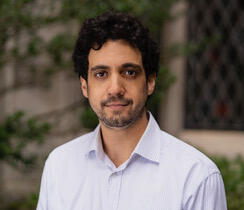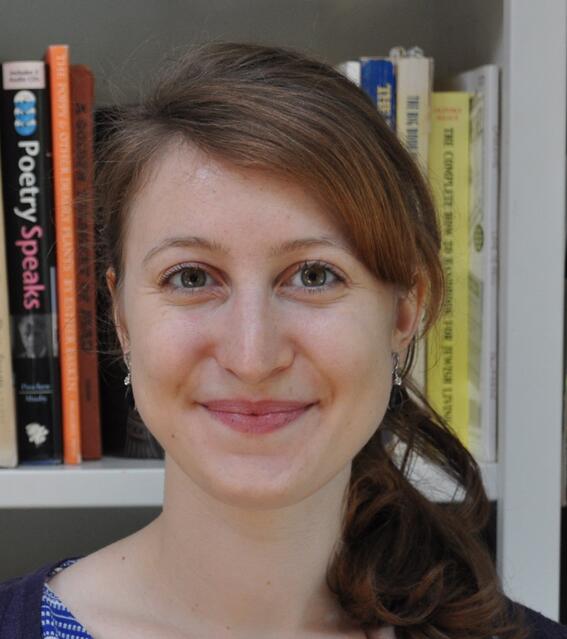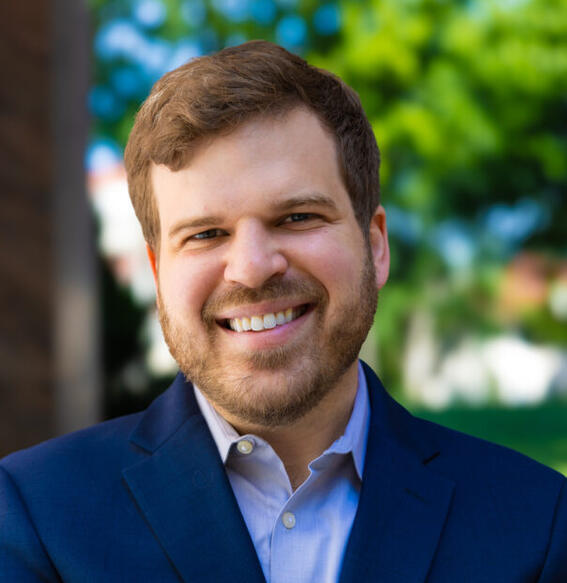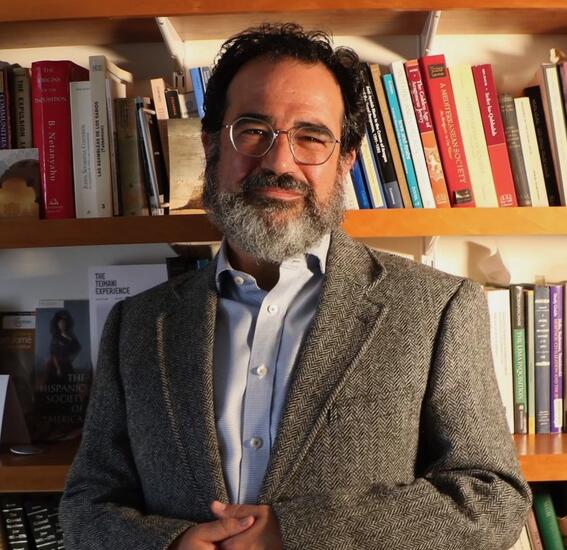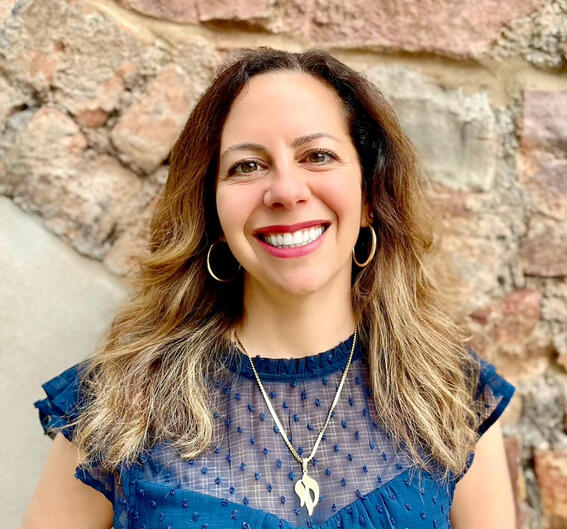
Creating the Next Generation of Jewish Studies Sourcebooks
Meet the 2025 Digital Curriculum Fellows
Posen Library is excited to introduce our first cohort of Digital Curriculum Development Fellows. The fellows will be working to create teaching modules on Jews and citizenship; Middle Eastern and North African (MENA), Sephardic, Maghrebi, and Mizrahi Jewish experiences; rabbis and the emergence of Judaism in antiquity; and life-cycle, ritual, and observance around the world.
Module Editors
Sasha Goldstein-Sabbah is assistant professor of Middle Eastern studies at the University of Groningen in the Netherlands. She served on the Posen Library advisory board from 2022 to 2024.
Noam Pianko is Samuel Stroum Professor of Jewish Studies at the University of Washington. He served on the Posen Library advisory board from 2022 to 2024.
The inaugural Posen Library Digital Curriculum Development Fellowship draws on and expands the Posen Library’s existing collection to develop free, easy-to-use teaching modules that can be incorporated into a variety of college-level courses related to Jewish culture and experience. These modules will provide plug-in collections of sources and interpretive material curated by experts in the field for instructors, particularly those who might be teaching outside of their area of expertise.
